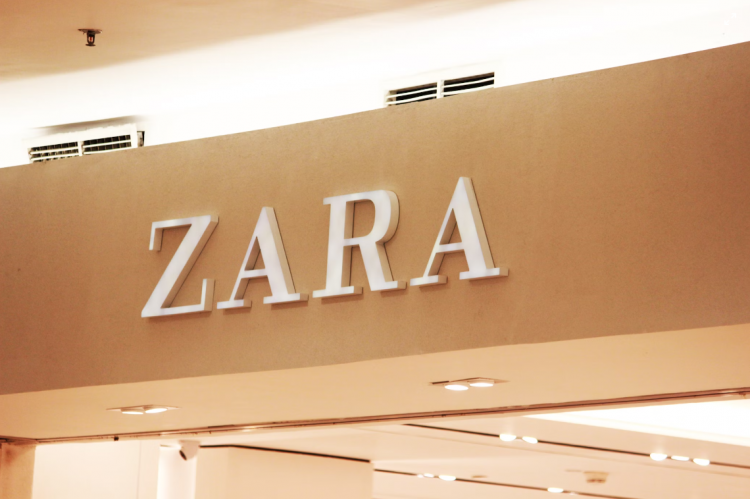As tensions escalate between Israel and Palestine, several fashion brands with operations in Israel are reacting.
Zara is the latest fashion brand to announce a suspension of its operations in Israel. According to the fashion business media outlet, Fashion Network, Spain's Inditex Group has closed a total of 84 franchised stores in Israel. However, the group has not yet issued a statement regarding the safety of its employees or any related property damages.
Another Spanish fast-fashion brand, Mango, has also decided to shut down approximately 50 of its stores in Israel. Other clothing brands taking similar actions include H&M. The transportation sector has been directly affected, with several airlines, including Delta Airlines, announcing flight suspensions to Israel.
Due to its small land area and proximity to Europe, many international fashion brands have not set up production lines within Israel. The slowdown, or even halt, in transportation due to the conflict undoubtedly increases the logistics time and costs for these brands. However, in the luxury goods sector, brands like Dior and Gucci continue to operate, with Louis Vuitton being an exception.
Over the past 20 years, the fashion industry has embarked on a process of globalization, outsourcing factories to reduce production costs and continuously opening new stores to achieve growth in performance. For Israel, with a per capita income exceeding $50,000 in 2022, fashion brands are unwilling to miss out on opportunities, despite the risks of conflict.
Like many countries that have "undertaken" the expansion of the fashion industry, the arrival of international brands has also promoted the development of the local fashion industry in Israel. However, due to its small land area, the transfer of experience did not allow Israel to incubate a large-scale garment industry. Instead, it took a different path.
A significant amount of capital has converged in Israel, providing a high-net-worth population for lavish consumption and giving birth to several companies investing in the fashion industry. An investment company led by Israeli businessman Samuel Ben-Avraham once competed with Authentic Brands Group for New York's Barneys department store. It has previously invested in several fashion brands, including Kith.
On the supply side, Israel's fashion industry mainly provides production technology for international fashion brands. A tech company called Browzwear serves clients including Nike and Adidas, providing them with 3D fitting technology to meet consumer customization needs. Additionally, many Israeli tech companies also provide sustainable business support for European fashion brands.
Israel also has its own fashion brands. Body care brand Sabon and skincare brand AHAVA are two Israeli brands familiar to Chinese consumers. The former has accelerated its expansion in the Asian market in recent years and entered Tmall, while the latter has been acquired by Fosun Fashion. Alber Elbaz, the designer who passed away in 2021 due to COVID-19, is Israel's most famous fashion figure, having once led the revival of Lanvin.
Compared to other Middle Eastern countries, Israel's fashion industry is clearly at the forefront of the region. This is mainly due to its relatively secular society and more developed financial and tech industries. However, in terms of enthusiasm, fashion brands' investment in Israel is not too much. Although they have set up retail businesses, important events are rarely held locally.
In contrast, other Middle Eastern countries have attracted a large number of luxury brands to open stores in recent years, with many significant events also taking place there. Although these events are often held in relatively secular Arab cities like Dubai or Doha, there are cultural similarities between countries, and the market potential is even higher.
Federica Levato, a senior partner at Bain & Company and head of fashion and luxury goods business for Europe, Africa, and the Middle East, once told the media that the fashion market value in Saudi Arabia had exceeded 2 billion euros in 2022, becoming the second-largest market in the Gulf Cooperation Council, second only to the UAE.
Many Middle Eastern companies have previously formed influence in the fashion industry through investment. The most famous is the Qatari royal investment institution Mayhoola, which has invested in brands including Valentino, Balmain, and Anya Hindmarch. The actual controller behind London's Harrods department store is the Qatar Sovereign Wealth Fund.






